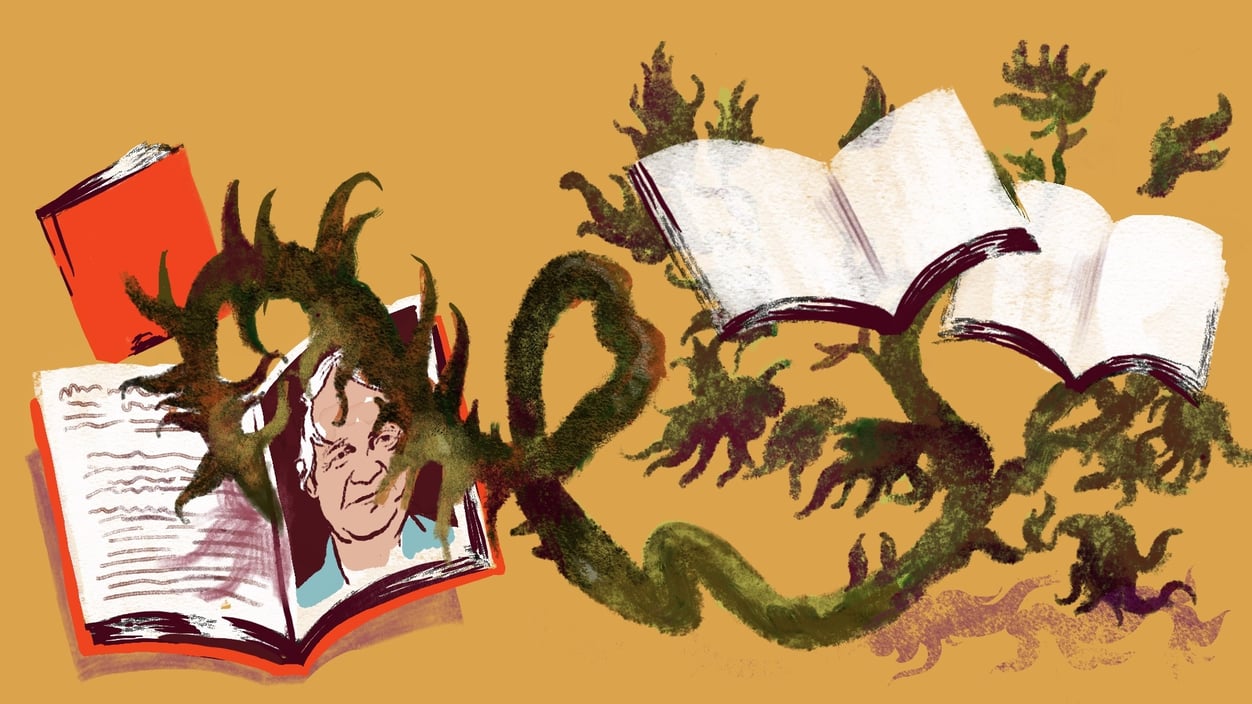first opinion
Why haven't journals retracted 'research' from Richard Lynn?

Arantza Pena for STAT
The researcher Richard Lynn died in 2023, but his work continues to be cited today; Google Scholar reports more than 22,000 citations, with almost 4,500 of them coming after 2019. The last article he co-authored in a mainstream journal was published early in the year he died, and a posthumously published article recently appeared in a fringe journal.
What did he research, you ask? For decades, Lynn was one of the loudest proponents of the unfounded idea that Western civilization is threatened by "inferior races" that are genetically predisposed to low intelligence, violence, and criminality. His work has been repeatedly condemned by social scientists and biologists for using flawed methodology and deceptively collated data to support racism.
But despite decades of criticism of the poor quality and practices of his work, only a few journals have taken any action to retract his papers or even acknowledge the criticism. Read more in a new First Opinion essay about the legacy of his work.
telemedicine
Telehealth use continues to drop in the United States
Since the earliest days of the pandemic, when people had few in-person options to access health care, telehealth use has been on the decline. The National Health Interview Survey continues to track that trend, showing that the percentage of adults who used telehealth dropped from 37% in 2021 to 30% in 2022.
But the dropoff has been unequally distributed. In 2021, seniors were the biggest users of telehealth, with 43% of people over 65 using it at some point during the year. But in 2022, telehealth use in that group dropped by nearly 30%, bringing rates in line with younger groups. And existing differences in telehealth use continue to pop up in the data: more frequent users of telehealth include women, people with college degrees, and urban residents.
neuroscience
New research aims to close the racial gap in neuroscience data
In neuroscience research, data is typically dominated by participants with European descent. This limits the potential for researchers to investigate disparities in neurological diseases — Black Americans are 20% more likely to experience major mental health problems, and twice as likely to develop Alzheimer's disease. But one new study is making strides to change that.
More than 100 Black people in Baltimore donated the brains of their deceased loved ones for the study, published in Nature Neuroscience last month. It's the first major undertaking from the African Ancestry Neuroscience Research Initiative — a collaboration between the Lieber Institute for Brain Development, local community leaders, and Morgan State University, a historically Black research university in the city. The study's findings could have implications for future personalized therapies informed by genetic ancestry. Read more on what researchers learned from STAT's Alia Sajani.


No comments